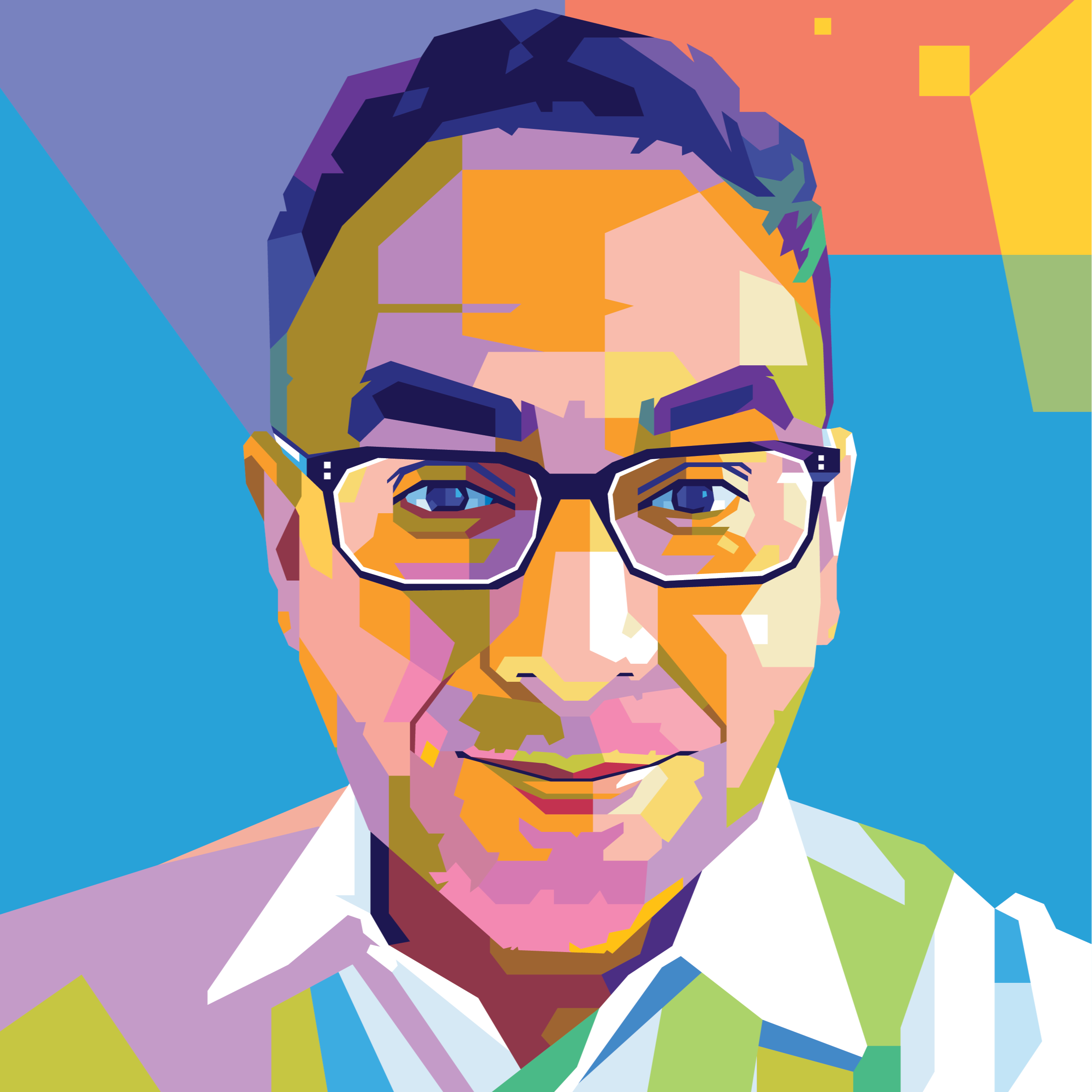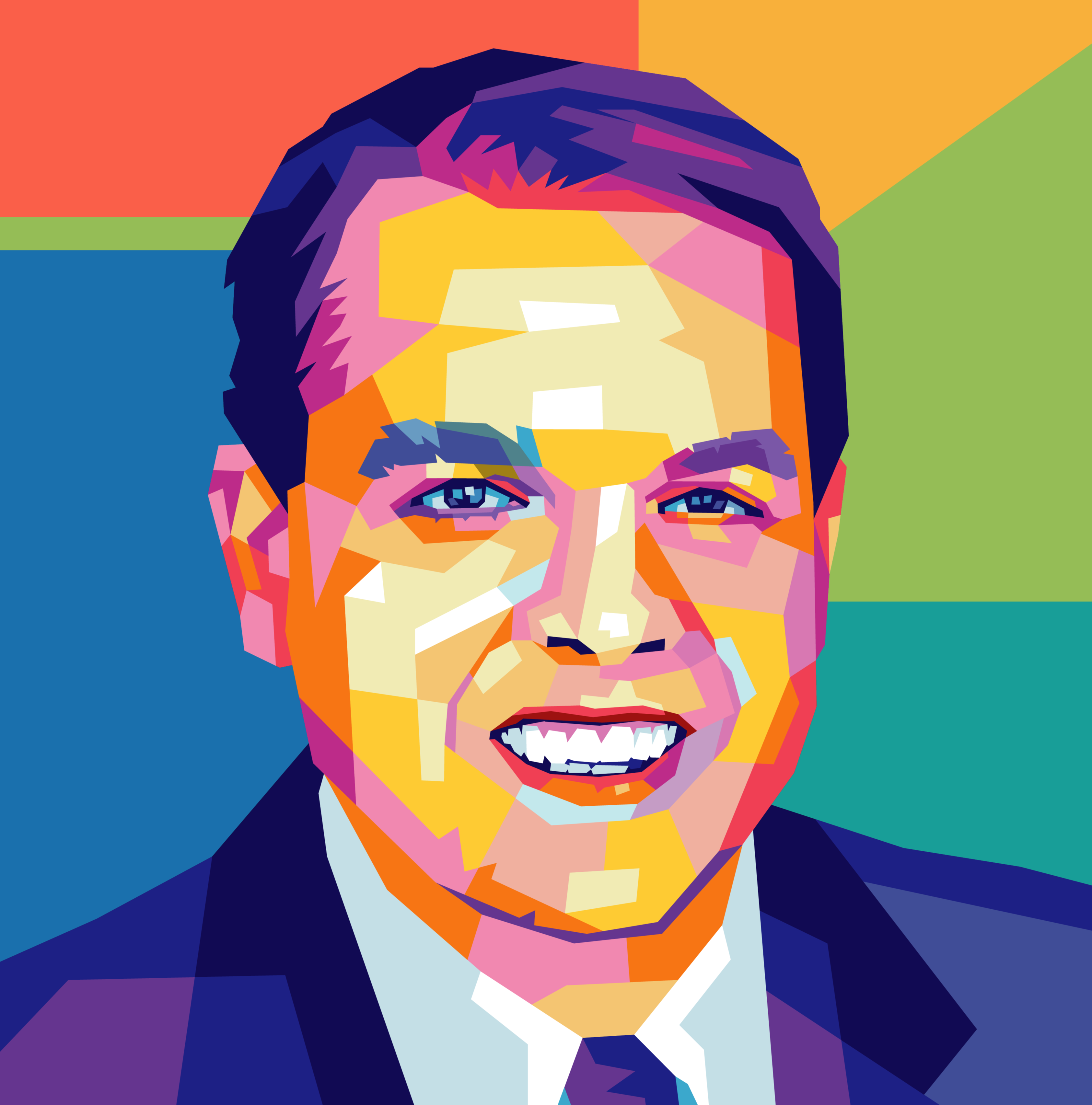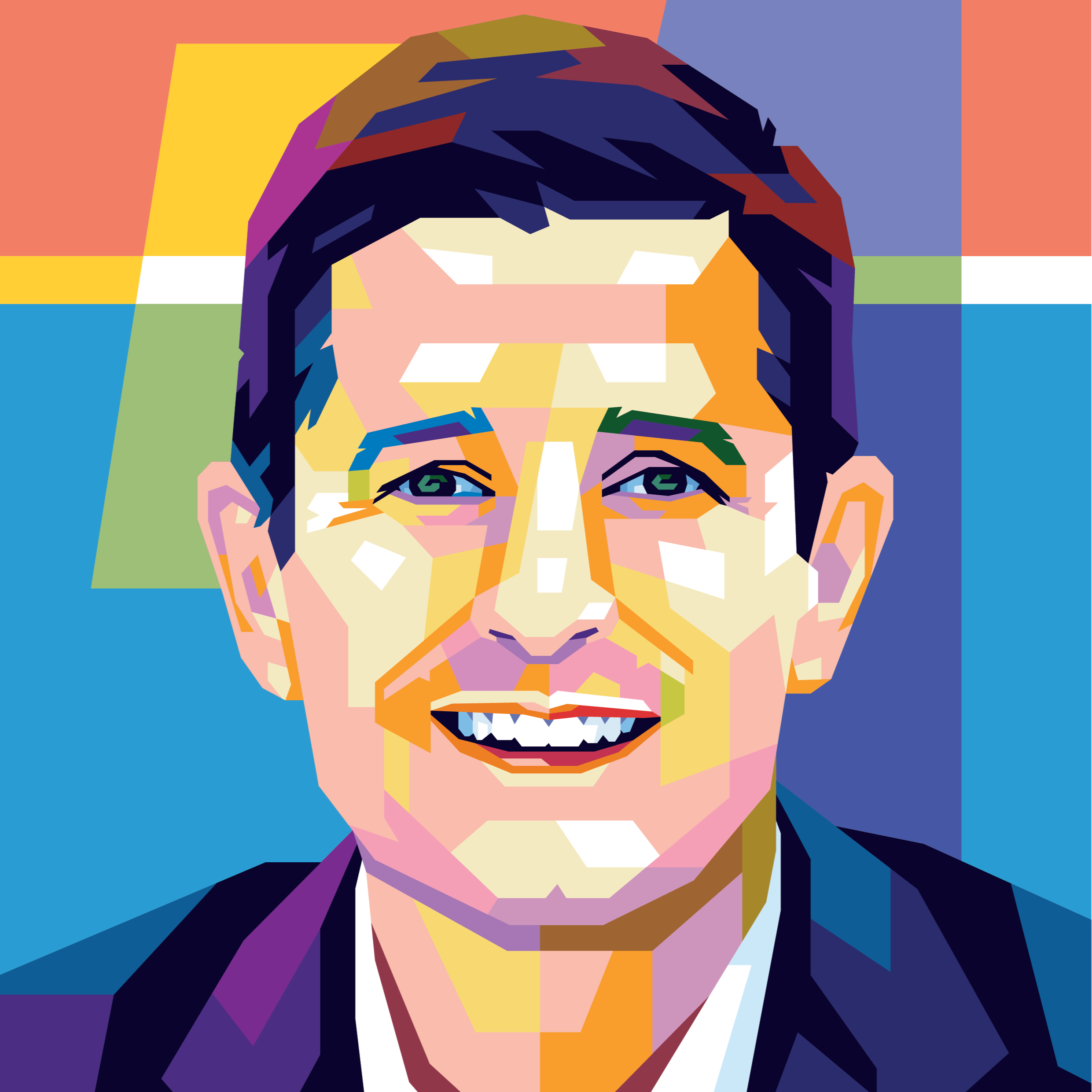The financial industry has witnessed monumental shifts and many technological advancements over the past two decades.
The industry has evolved from the days when fax machines and physical servers were the backbone of business operations to one driven by cloud computing, data analytics and AI.
As financial advisors build up a digital-first operation, they must evaluate and consolidate their technology stack to remain agile and ready to embrace the next wave of technological advancements.
I recently sat down with Tom Burmeister of Conquest Planning to explore the future of financial planning, focusing on the innovations that will shape the next 20 years.
Burmeister envisions a future where personalized financial advice is accessible to a broader spectrum of clients, extending beyond the ultra-wealthy to include mass affluent and everyday individuals.
The industry is moving towards a more holistic approach to financial wellness, addressing not only wealth accumulation but also critical aspects like healthcare planning, debt management and overall peace of mind.
Click the video to listen to the entire interview.

Transcript:
Suleman Din: Tom, thanks so much; I really appreciate it. T3 is celebrating its 20th anniversary, an amazing milestone. When you think about 20 years ago, when this event started, people were thinking about fax machines, filing paper documents and having servers in their offices. Now, today, we're talking about AI, data analytics and even quantum computing.
I wanted to talk to you about the next 20 years. I know that’s a tough question, but let's think about it, specifically with financial planning, because I know at Conquest Planning you guys are bringing new tools and a new approach to your practice – really trying to modernize that process for advisors. Based on the work your firm is doing, how do you see the evolution of financial advice?
Tom Burmeister: Yeah, well, financial planning is about how to secure your financial future, right? I guess we should be able to talk about what the future looks like in this industry, too. I think as an industry, in 20 years, we'll be much more well-positioned to deliver what we're calling personalized advice at scale across the entire wealth spectrum; not just ultra-high-net-worth and high-net-worth folks, but all the way down to mass affluent, mass market, individuals.
I think advice will be communicated in a much more accessible, more approachable way and probably more oriented around things like holistic financial wellness. So, not just things like saving, as we think about today, but also things like healthcare planning, debt management, and other things really create more of that holistic plan for peace of mind, right?
Din: Right. They're all part of the puzzle. Much of the advice we see is still very much tailored towards building wealth.
Burmeister: Yes, exactly, that's always going to be important, but I think we just need to make sure we're embracing everything around that as well. How is that advice going to be delivered? I think we're going to see advice really come through in digital – digitally enabled experiences that are tailored to every client's unique needs and really meet them where they are.
So, not everybody's getting the same sort of cookie-cutter advice or experience. It's tailored to where they are in their financial lives and where they want to head. And how do we do that? We know it will take a combination of humans and technology, right?
I think when it comes to things like AI, we need to embrace kind of the efficiencies that AI can bring to us and really use that as the mechanism to scale how we deliver advice to more people and embrace things like team-based advice, digital consumer first, consumer-led, or hybrid advice models that are going to continue to be the predominant ways that more and more people start to engage with financial services.
Din: So what do advisors have to do today? What do they need to start doing in order to be ready?
Burmeister: Well, first, I think it's always good to take a look at your advice technology stack. What kind of tools are powering your advice because oftentimes – especially the larger the firm gets – we have different engines, different tools powering advice for different types of folks, you know, that causes some compliance concerns. It's also expensive and very difficult to give that consistent advice message to clients. It's important to figure out how you are going to consolidate your tech stack so that you're able to be more nimble and embrace new technology as it's made available and reduce the change management burden that goes along with adding new technology, because right now we know change management is such a scary phrase.
Din: I'm wondering, do you see the cost of maintaining that tech stack coming down? Wherein tools become smarter and so maintenance is less involved, it becomes more automated; AI gets involved and start making updates for you.
Burmeister: I think there's certainly the opportunity for that if we're doing it the right way. Are we set up, for example, to reduce those silos from across different parts of the organization and then be able to have more of a centrally managed, very efficient tech stack? That really increases ROI because we will continue to see lots of investment in technology and more PE [private equity] involvement in this industry as well. But I think the ROI on the investments – even if we are putting more dollars towards it – needs to be much better.
Din: How is the client ask going to change as we start adding these new tools? The client is going to get smarter, the client is going to get faster, because they'll have access to many of these tools too.
Burmeister: Oh, absolutely. We're already seeing the commoditization of investment management, where if we're just looking at a rate of return or just looking at a portfolio, you know, clients can have many more ways, more options, accessible options, and cheaper options to do that than what's been available historically. So I think in general, we're going to have to look across the client's entire financial life, like you said, and clients are going to start to ask more questions of their advisor as they start to understand more and play a more active role in how their financial future is being built.
Din: Is there anything that you're seeing right now that's kind of blowing your mind that, you know, hasn't come to market yet, but you think is going to have a real impact when it comes to developing and delivering financial advice?
Burmeister: Well, I think there are a lot of great use cases out there about how AI could really benefit the education part of financial advice. But also how, with the power of computing enabled by AI, we can now do, you know, computationally more accurate delivery of advice in a much more personalized way. So, essentially, we're not sacrificing accuracy for speed, efficiency, and economies of scale.
Din: The financial planning industry is wedded to the Monte Carlo model; do you see like other models emerging, just because we might reach that point of saturation where everybody has the same thing.
Burmeister: Sure, yeah. You're absolutely right about Monte Carlo and it plays an important role, but I think we get a little bit too bogged down in the numbers and the math of it – what we're really doing is stress testing a plan. There's multiple ways you can stress test a plan, not just with volatility testing that Monte Carlo is kind of known for and really built for, but also other things. How are we how are we introducing different scenarios or different concerns that a client has into both the base plan and those volatility simulations as well? But again, volatility is all about investing. I think that's just one part of what's going to become a much broader picture as we think about, you know, financial advice, holistic financial wellness.
So, yes, we want to be set up in a portfolio that's tailored to our risk tolerance, and we'll perform in this variety of different situations from a volatility standpoint. But also, that can only go so far if we're not financially secure – other things like how are we how are we paying down our debt? How are we thinking about things like student loan financing, health care planning, huge concern for retirees today.
It's going to continue to be probably one of the biggest topics in retirement planning. So if we don't have those boxes checked, we can run Monte Carlo all day long as fast as we want, but we're still not gonna be getting over that hump when it comes to holistic advice and client satisfaction.
Din: Blue sky question – is there an innovation in wealth planning and financial planning that's not there that you would like to see, that you think the industry will probably get to a point where it delivers, but we're not there yet?
Burmeister: I think, well, I think you've seen, you're seeing a lot of people talk about this, that's not necessarily widespread available, but I think we'll be able to have voice interactions with our finances through digital assistants like largely like we do with Alexa, Siri – our phones are probably gonna go off – but I think we'll start to see that a little bit more, again, more accessible so that, and I think one of the most important questions a client can ask is, am I okay? And that's the kind of thing that clients are gonna wanna be more and more involved with and have more ready access to because we're so spoiled with on-demand information with really the rest of our lives. So our finances need to catch up to that, too.
Din: Awesome. Tom, thank you so much for dropping by.
Burmeister: It's been fun. Thank you.
This blog is sponsored by AdvisorEngine Inc. The information, data and opinions in this commentary are as of the publication date, unless otherwise noted, and subject to change. This material is provided for informational purposes only and should not be considered a recommendation to use AdvisorEngine or deemed to be a specific offer to sell or provide, or a specific invitation to apply for, any financial product, instrument or service that may be mentioned. Information does not constitute a recommendation of any investment strategy, is not intended as investment advice and does not take into account all the circumstances of each investor. Opinions and forecasts discussed are those of the author, do not necessarily reflect the views of AdvisorEngine and are subject to change without notice. AdvisorEngine makes no representations as to the accuracy, completeness and validity of any statements made and will not be liable for any errors, omissions or representations. As a technology company, AdvisorEngine provides access to award-winning tools and will be compensated for providing such access. AdvisorEngine does not provide broker-dealer, custodian, investment advice or related investment services.





